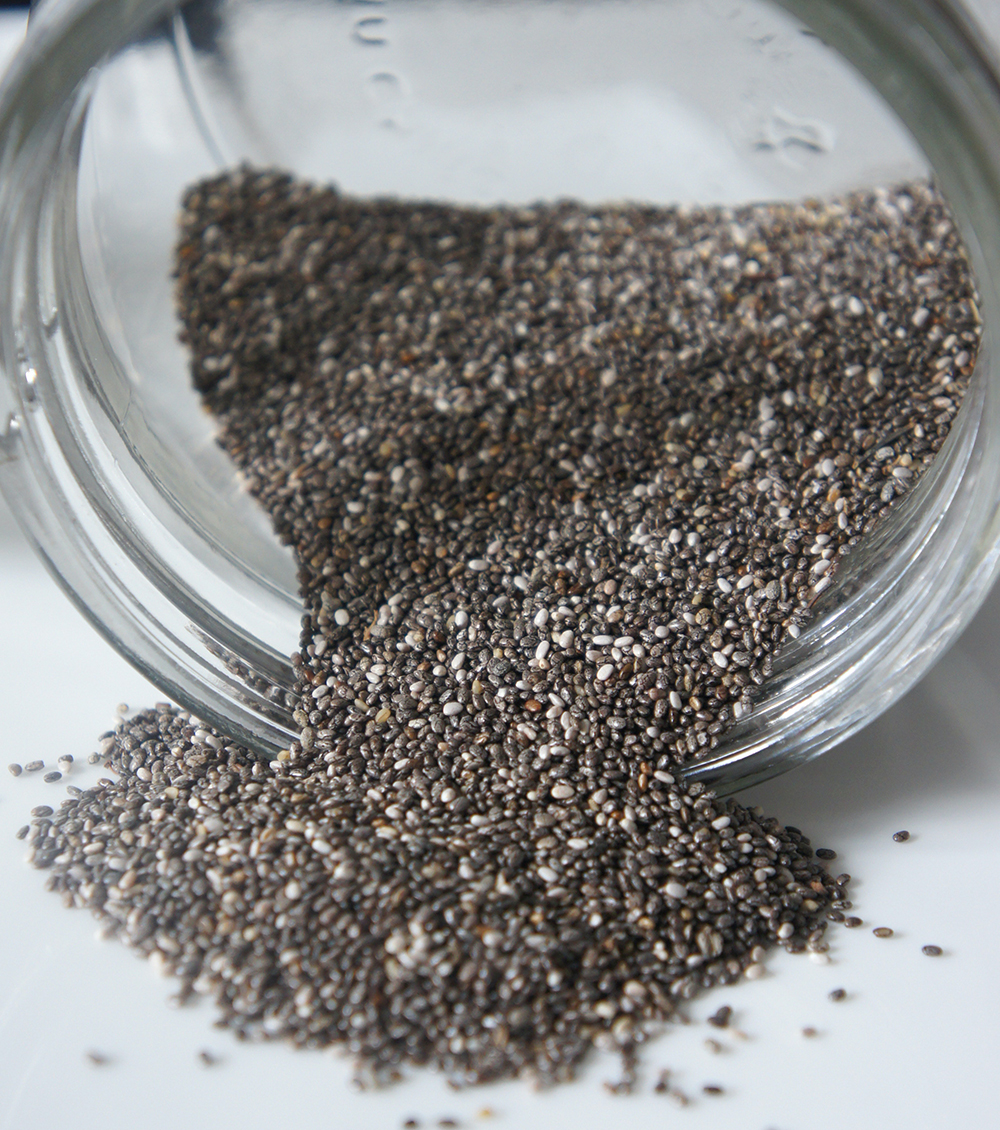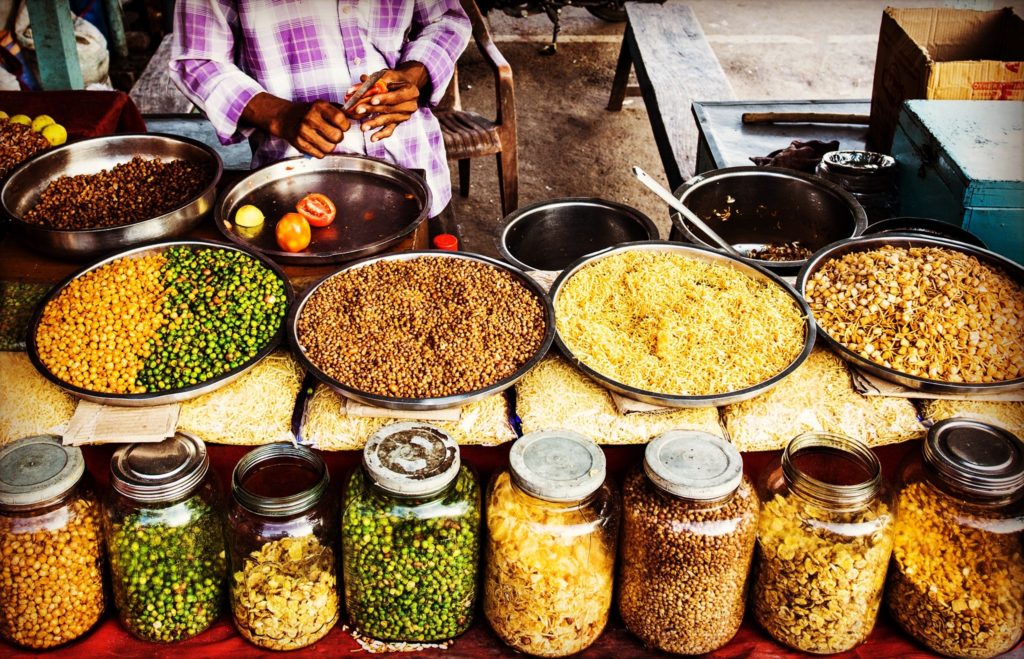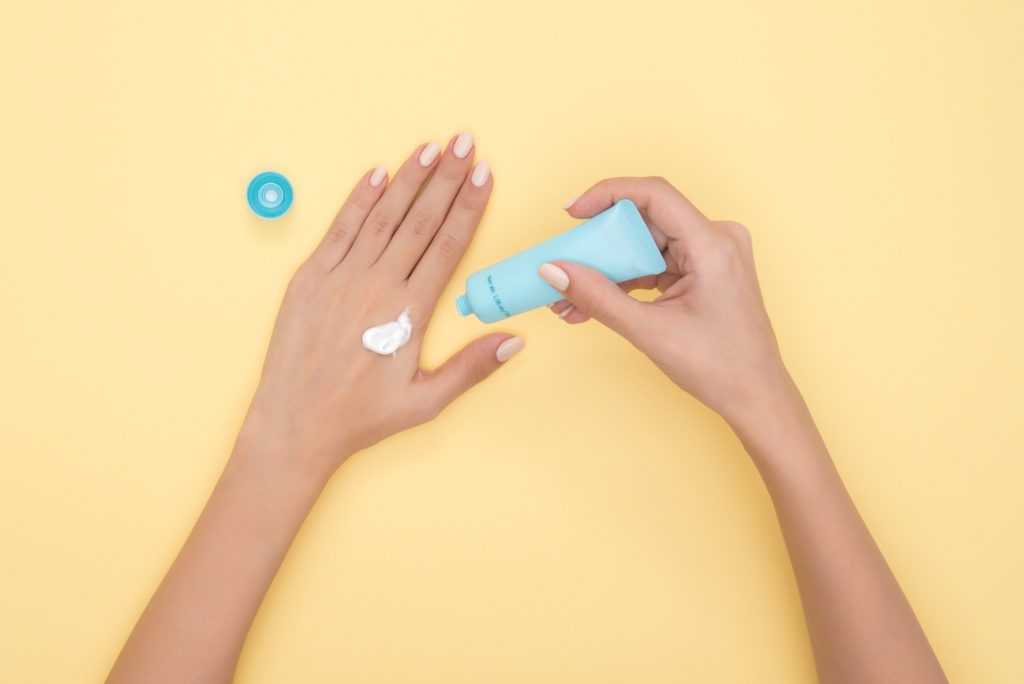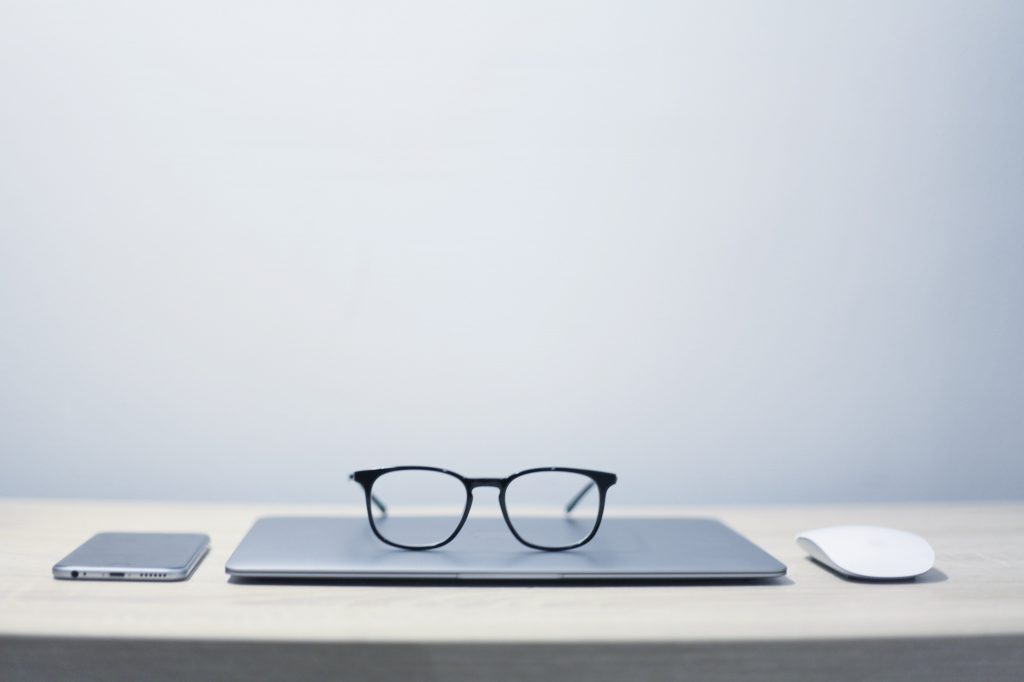Contributed by Veselina Dzhingarova.

Did you know that meat isn’t what gives you energy? That plant-based diets include more than enough protein? Or that Gladiators were, in fact, predominantly vegetarian? It’s true. These are just some of the revelations to come out of Netflix’s documentary, ‘The Game Changers’.
If gladiators could eat fruits and vegetables and still be strong enough to, quite literally, fight for their lives…then why do sports stars, fitness enthusiasts, and the general public still believe they need meat?
How did this misconception start?
Steak. Burgers. Grills. Barbecues. Like most things these days, it’s largely a marketing thing. Plant-based diets have been kicking up a storm for years, and since then claims have continued to emerge that ‘veganism’ fails to deliver the fiber, protein, and energy required to reach peak performance.
Unfortunately, many of these beliefs fuel the stigma around plant-based diets. It’s why people believe that for a man to be a real ‘manly man’ he needs to eat meat. According to Netflix’s newest documentary, it’s a misconception that could lead to serious health issues.
Continue reading







